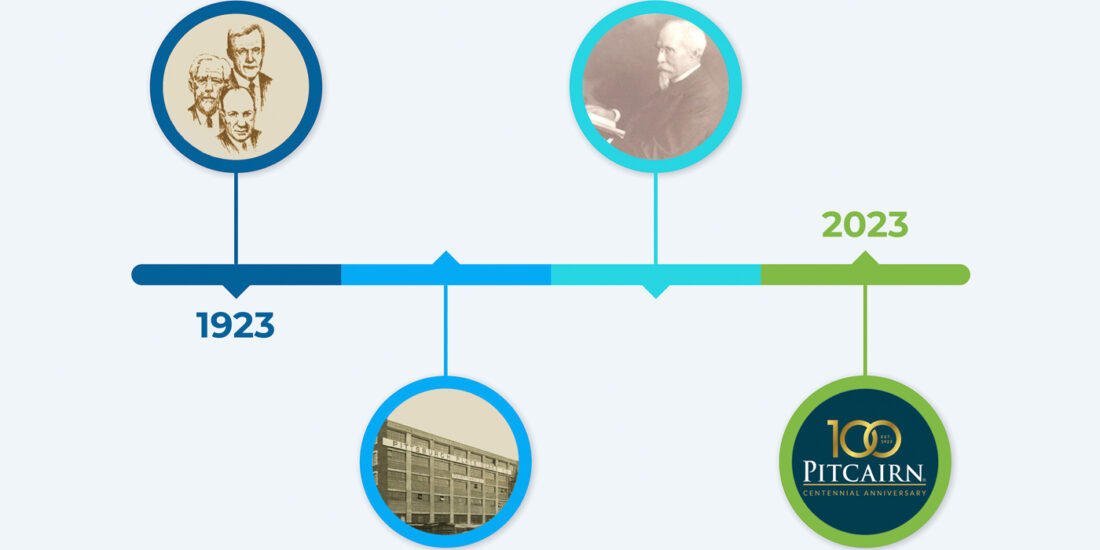
Family Office
Observations, wisdom and models of organization and governance for single and multi-family offices.
Family Offices Around the World: A Conversation with Mary Duke, Aik-Ping Ng, and Peter Vogel
FFI Practitioner is pleased to feature a podcast conversation with Mary Duke, Aik-Ping Ng, and Peter Vogel about the future of family offices worldwide.
Embedded Family Offices in Asia: Why They Happen and Should They Be Avoided
In this week’s FFI Practitioner, FFI Asian Circle Virtual Study Group members Laurent Roux and Kimberly Go discuss embedded family offices—what they are, how they became prevalent among Asian enterprise families, and their risks.
Family Constitutions to Guide Founders, Owners, Families, and Advisors
Thank you to co-authors William Kambas and Linda Meade for this week’s FFI Practitioner, which begins a periodic series of editions dedicated to topics related to private trust companies.
The Rising Role of Women in Family Offices and Family Businesses: A Podcast Interview with Sasha Lund, Jessica McGawley, and Larisa Miller
FFI Practitioner is pleased to feature a podcast conversation with Sasha Lund, Jessica McGawley, and Larisa Miller, discussing a recently published Special Report from Globe Law and Business publisher: The Rising Role of Women in Family Offices and Family Businesses.
Fires and Storms: Navigating Disasters in Single-Family Offices
In this week’s edition of FFI Practitioner, Matthew Erskine explores how the principles of disaster theory can be adapted for single-family offices.
Family Office Compensation Considerations: An Introduction to the Lawyer’s Perspective on Incentivizing and Compensating Key Leadership of a Family Office
Thank you to William J. Kambas, David Guin, and Elliot Katz for this article, which provides a high-level introduction to the complex topic of compensation and incentive systems for family office leadership.
Family Office Governance: An Asian Business Family Perspective
Thank you to FFI Asian Circle Virtual Study Group member Andre Loh for this article exploring the nuances of family office governance within the Asian context, offering insights into a model that contextualizes corporate governance principles while aligning with the unique dynamics of Asian business families.
Celebrating 100 Years: How Pitcairn evolved from a 19th century operating company to a 21st century multi-family office
Today, we’re featuring an interview and a podcast with Dirk Junge, former CEO and Executive Chairman of the Pitcairn board, and Leslie Voth, currently Chairman, CEO and President of Pitcairn.
Starting on the Wrong Foot When Creating Family Offices?
According to this week’s contributor, Jim Coutre of Fidelity Family Office Services, in order to create better family offices, practitioners must be honest about what (or who) may be holding the family office back from delivering the highest value to their clients.
Challenges of Burgeoning Family Offices in Mainland China
This week’s article concludes FFI Practitioner’s month-long series of editions dedicated to topics related to family offices.
Family Offices in a Changed World: Turning risk into opportunity
Thank you to this week’s contributor, Jim Coutre, for continuing FFI Practitioner’s November series of editions on topics related to the family office.
The Family-Focused Office
This week’s article continues FFI Practitioner’s November series on topics related to the family office. Thank you to Scott Peppet for this article that makes the case that effective family offices be invest more time and budget in enterprising families’ most important resource – the family.
Family Office Technology: An interview with Tania Neild
With today’s article, we introduce a month-long series on topics related to the family office. Today’s issue features an interview with Tania Neild by FFI Fellow and board member Mary Duke.
Thoughts on Singapore’s Appeal as the Asian Hub for Family Offices: Information for advisors
The number of family offices established in Singapore has increased considerably over the past several years.
Family Offices and Artwork: Mitigating the Risks
Thanks to Matthew Erskine for this week’s issue discussing the most important steps that family offices and their clients can take to mitigate risk to clients’ collections of art and other collectibles.
The Reality of Relevancy in the Family Office System: Exploring forces and key drivers that can affect relevancy
Thank you to this week’s contributor, Jim Coutré, for continuing our series of articles by presenters at the virtual 2020 FFI Global Conference, October 26-28.
Challenges that Asian Families Face in Developing a Full-service Family Office
This week’s FFI Practitioner edition continues our series of articles written by members of the Editorial Committee. Thank you to Paul Chung, Jeremy Cheng, and Chin Chin Koh for this article examining the challenges confronting Asian families interested in establishing a single family office as well as practical advice for advisors navigating these family office challenges around the world.
The Roles Past, Present, and Future of the Family Office Executive
This week’s FFI Practitioner edition addresses a topic of importance in the field of family enterprise – the family office. In addition to an article examining the history of the role of a family office executive by Annischka Holmes-Moncur, we are pleased to share four global perspectives on this topic as published earlier in FFI Practitioner.
Managing Wealth as a Business: A Family Office – to be or not to be?
When should a family begin to think about forming a family office and what factors should they consider when making this decision? Thank you to Iñigo Susaeta, this week’s contributor for continuing FFI Practitioner’s series of articles written in both English and Spanish by members of the FFI IberoAmerican Virtual Study Group.
Single Family Office Finesse
Family offices have been following wealth. Historically, in Europe, private banking addressed most family issues. In the US, that concept followed the Titanic and did not cross the Atlantic that well.





















